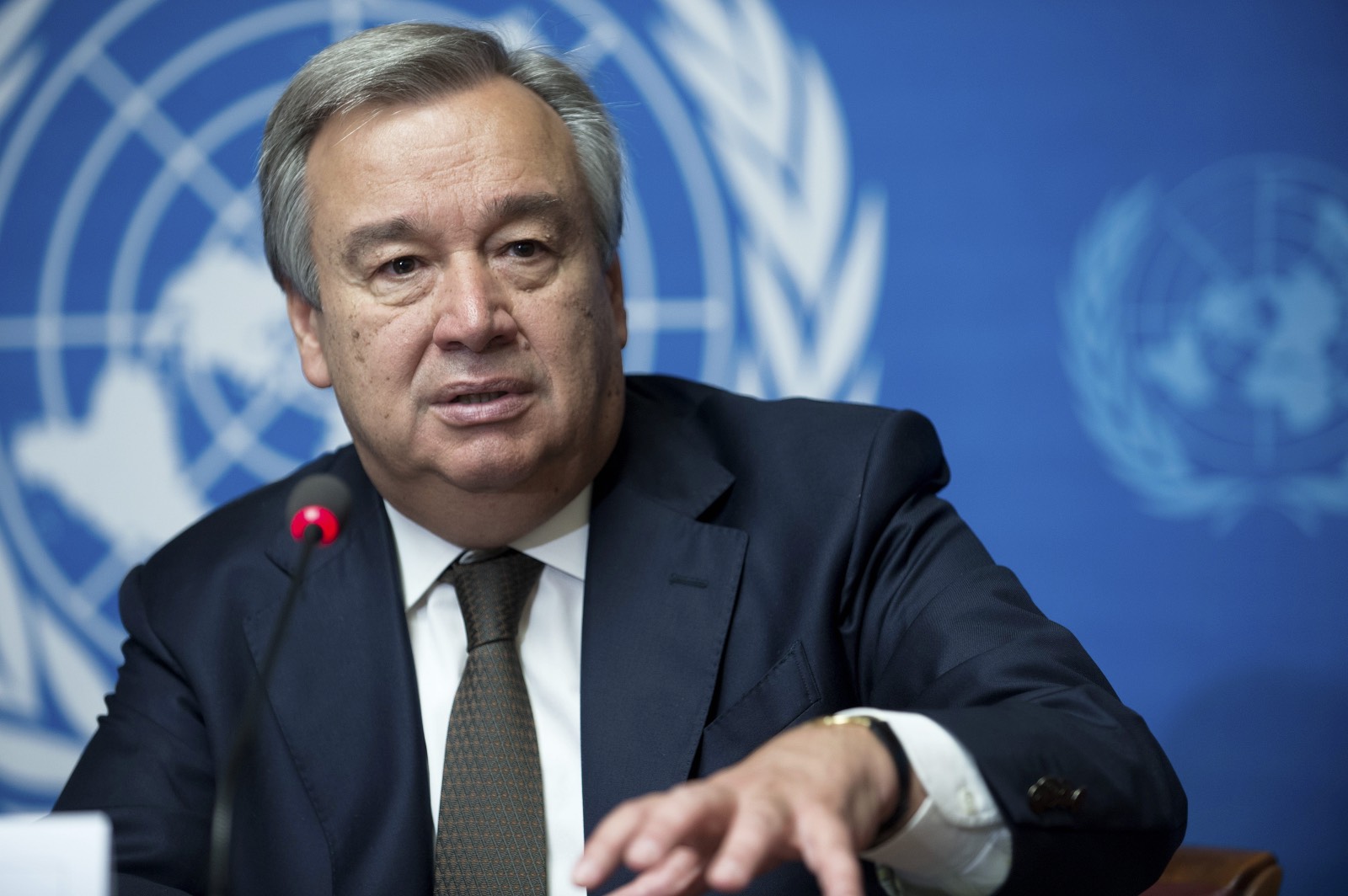ABUJA, Nigeria – In a significant development, the United Nations Office for the Coordination of Humanitarian Affairs (UNOCHA) has announced its decision to halt its operations in Nigeria, a move that underscores the dire funding challenges facing the agency globally.
The Minister of Humanitarian Affairs and Poverty Reduction, Professor Nentawe Yilwatda, disclosed this on Wednesday, April 16, 2025, during a Validation Workshop on the Anticipatory Action Framework for Nigeria, which was held at the National Counter Terrorism Centre in Abuja.
According to the Minister, UNOCHA’s Resident and Humanitarian Coordinator, Mohamed Fall, informed him of the decision.
While acknowledging UNOCHA’s substantial contributions to humanitarian efforts in Nigeria, particularly in the conflict-affected northeastern states, Yilwatda expressed regret over the withdrawal.
He described the pull-out as unfortunate, especially given the ongoing humanitarian challenges, including the impact of floods and insecurity on livelihoods in various parts of the country.
UNOCHA’s withdrawal is part of a broader response to a severe financial crisis.
The United Nations emergency and disaster response agency, facing a funding shortfall of nearly $60 million for 2025, has decided to reduce its global workforce by 20% and scale back operations in nine countries, including Nigeria.
The countries affected by these cuts also include Cameroon, Colombia, Eritrea, Iraq, Libya, Pakistan, Turkey, and Zimbabwe.
As part of this plan, UNOCHA will close its operations in some of these countries and adjust its operations in others, aiming to focus its resources on fewer locations.
The agency intends to prioritize “dynamic and full responses” in the regions where it continues to operate.
The financial constraints have been exacerbated by rising global humanitarian needs, with UNOCHA planning to lay off approximately 500 staff members from its workforce of about 2,600.
In a letter to staff, UNOCHA head Tom Fletcher referred to these cuts as “brutal,” highlighting the funding shortfall and the increasing global demand for humanitarian assistance.
Professor Yilwatda, while commiserating with the agency’s challenges, reaffirmed President Bola Tinubu’s commitment to addressing the country’s persistent humanitarian crises, including the flooding disaster that has plagued several regions.
Despite the setback, the Nigerian government has pledged to continue tackling the impacts of such disasters, emphasizing resilience and support for affected populations.







![Honouring a Rare Soul: Celebrating the Life of AVM Terry Omatsola Okorodudu [MUST READ] Air Vice Marshal Terry Omatsola Okorodudu](https://www.thetrentonline.com/wp-content/uploads/2026/01/Joan-and-Bidemi-Okorodudu-The-Trent-100x70.jpg)